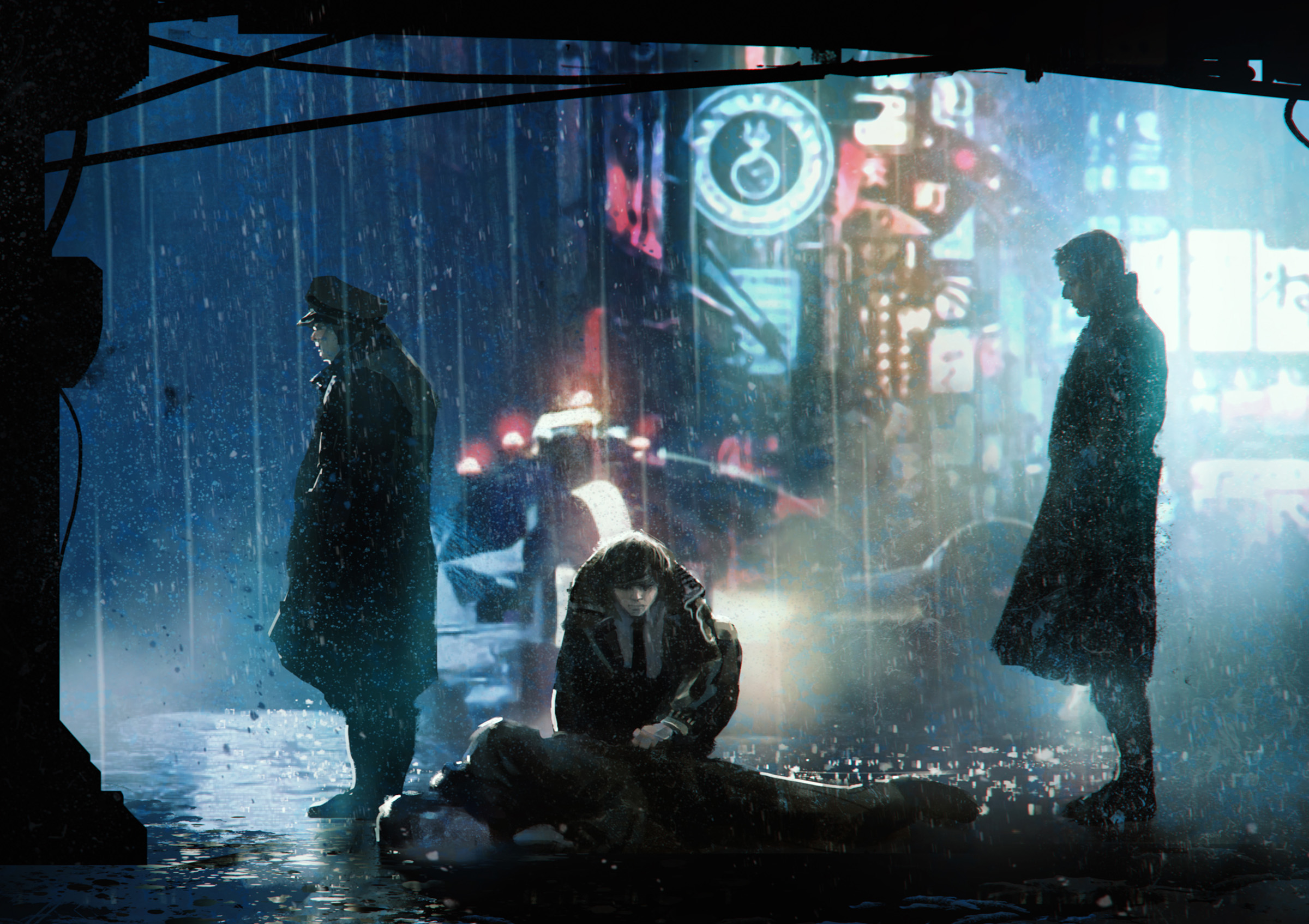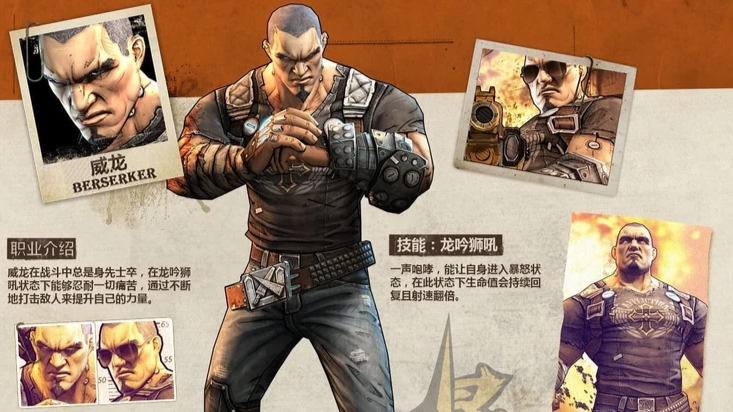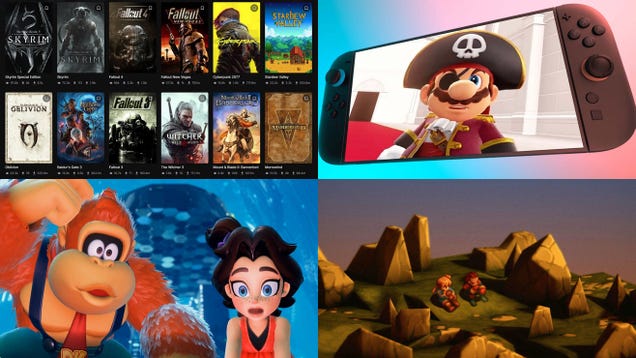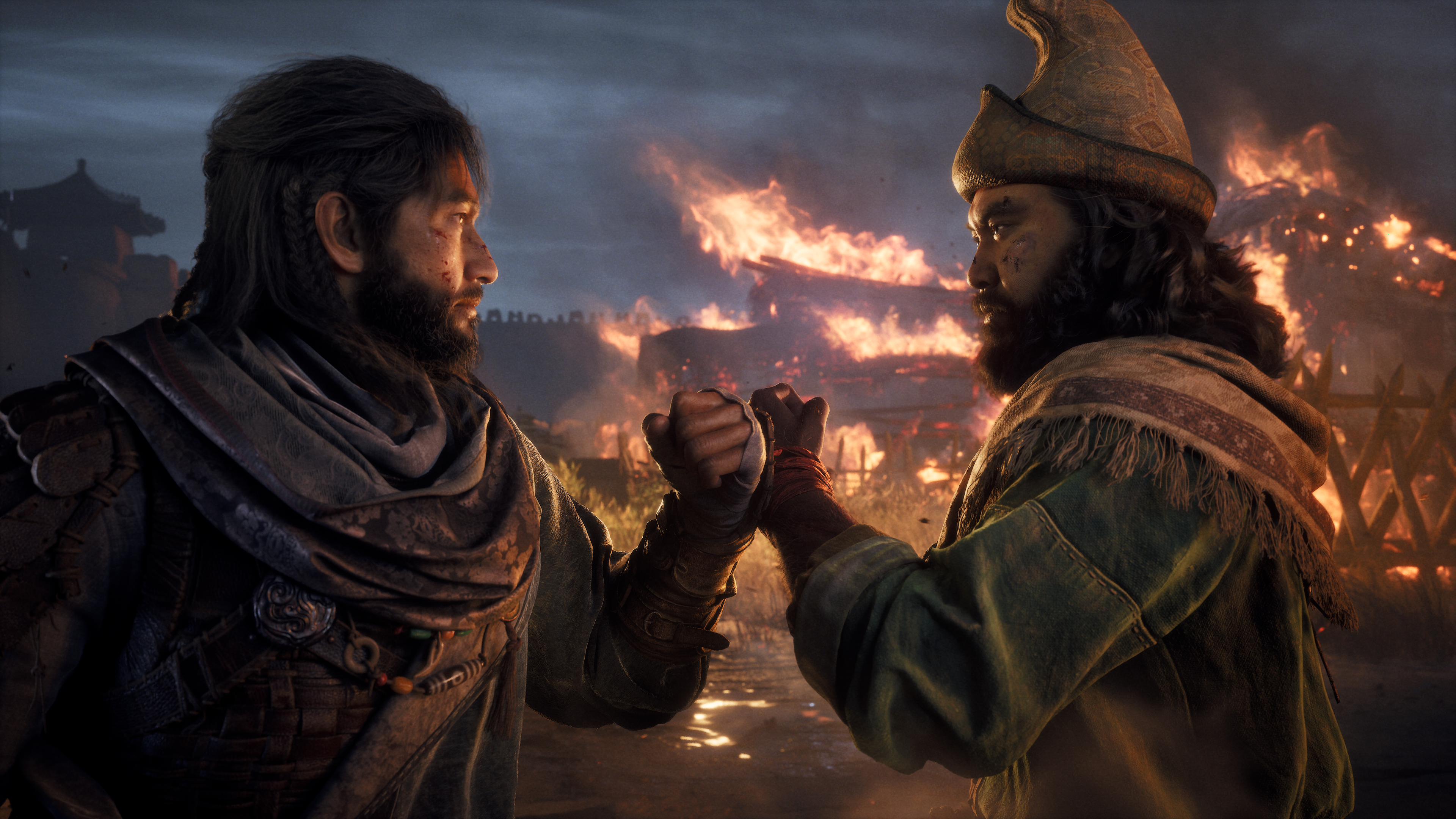
The two new licenses come in the wake of two difficult weeks for the tabletop community
It’s been a wild couple of weeks for tabletop RPGs—if you’re not caught up, you can read our summary of events here, but in short, Wizards of the Coast have moved to change the terms around companies creating Dungeons & Dragons-compatible products in a less than favourable direction, to the dismay of almost the entire community.
In the wake of the controversy, several publishers have drawn lines in the sand, either moving away from D&D or challenging the legitimacy of the move. Notably, Pathfinder creator Paizo did both, and announced its own version of an open license, recruiting other major players such as Chaosium and Kobold press to join it.
Now that’s starting to look like the beginnings of a trend, as Free League—the very successful publisher of such games as Mörk Borg, Into the Odd, and Mutant: Year Zero, as well as the official Blade Runner, The Walking Dead, and Alien RPGs—announces two new licenses of its own. While work started on these before the latest D&D open gaming license news kicked off, it has “intensified” in response, according to Free League.
The first is a rework of the Year Zero Engine OGL, which will grant other publishers and independent designers the irrevocable and royalty-free right to use the rules set behind the majority of Free League’s biggest games.
The second is an entirely new license for Dragonsbane, a recently kickstarted revival of a 40 year old Scandinavian RPG very similar to D&D. This less permissive license will only allow for the creation of third party supplements and material for the game, rather than releasing its entire rules set. Both licenses will be available within “the next few weeks”.
It’s a portentous time to make an announcement like this, but it is important to keep in mind the wider context of these licenses. While they do represent a statement of intent from major companies in the space, they aren’t a new idea. There have long been OGLs and other forms of royalty-free content-sharing outside of the D&D sphere, many of them very successful in their own right. Games using the highly permissive “Powered by the Apocalypse” policy, allowing them to copy and adapt the rules of Apocalypse World, have been hugely successful and influential, with examples such as Monster of the Week featured on popular actual play podcasts.
(Image credit: Free League)
Inspired in large part by those games was the smash hit Blades in the Dark, which now has its own family of “Forged in the Dark” games. Many games forgo specific license or policies entirely, releasing under general Creative Commons licenses, and particularly amongst smaller publishers and indie creators, free and open sharing is the default assumption rather than anything unusual or controversial.
The other important bit of context is the popularity of Dungeons & Dragons itself. While Wizards of the Coast’s grip on the market has definitely been damaged by the last two weeks of chaos, they still occupy an enormously powerful position. Licenses like Free League’s represent a statement of intent and a vision for the hobby, but it’s difficult to see them becoming serious competition to the D&D OGL, whatever form it ultimately takes. Even Paizo, perhaps WOTC’s most convincing rival, will have its work seriously cut out if it hopes to achieve anywhere near the same success in attracting third party publishers to its banner.
If WOTC’s latest moves do put a crack in the foundations of its RPG empire, it’s unlikely we’ll see a new power emerging—more like some small ecosystems propagating outside of its shadow. That’s no bad thing—more variety and sharing can only be good for the hobby—just don’t expect this, or any of the other license announcements inevitably to follow over the next few months, to represent a true swing at D&D’s throne yet. It’ll take a lot of levelling up before anyone’s able to do that.




